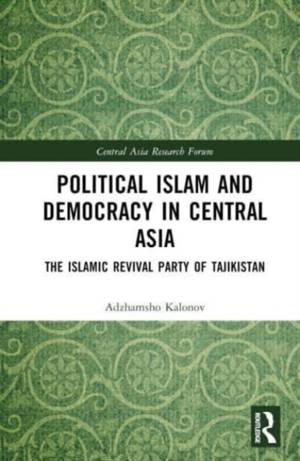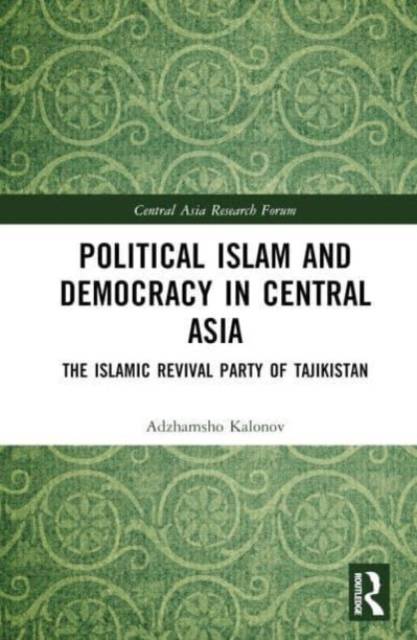
- Retrait gratuit dans votre magasin Club
- 7.000.000 titres dans notre catalogue
- Payer en toute sécurité
- Toujours un magasin près de chez vous
- Retrait gratuit dans votre magasin Club
- 7.000.000 titres dans notre catalogue
- Payer en toute sécurité
- Toujours un magasin près de chez vous
Description
Political Islam and Democracy in Central Asia is a study of moderation of political Islam in Central Asia. It analyses the only Islamic political party that was ever allowed to participate in elections in Central Asia and contributes to the debate on the radicalization or moderation of Islamic political parties.
The book examines the Islamic Revival Party of Tajikistan (IRPT), which has been the only legal Islamic party in post-Soviet Central Asia until 2015 and has been recognized by many observers as moderate. Studying the ideological change of the party, which happened after its inclusion into political process, the book identifies their moderation as either tactical or ideological. The author examines and describes the main factors that led the IRPT toward moderation, with a focus on the inclusion-moderation hypothesis, which concludes that inclusion can lead to moderation. Based on extensive analytical data, the author provides reasons for the moderation of the Tajik Islamists. It also challenges the ideological moderation of the Tajik Islamists by examining their attitudes toward the conventions of the modern democratic political system.
Providing a detailed analysis of moderate Islamism and its controversial challenges for the modern world, this book will be of interest to researchers in the fields of Political Science, electoral politics, Islamic studies, and Area Studies, with particular reference to Central Asia.
Spécifications
Parties prenantes
- Auteur(s) :
- Editeur:
Contenu
- Nombre de pages :
- 152
- Langue:
- Anglais
- Collection :
Caractéristiques
- EAN:
- 9781032495385
- Date de parution :
- 30-06-23
- Format:
- Livre relié
- Format numérique:
- Genaaid
- Dimensions :
- 156 mm x 234 mm
- Poids :
- 412 g







